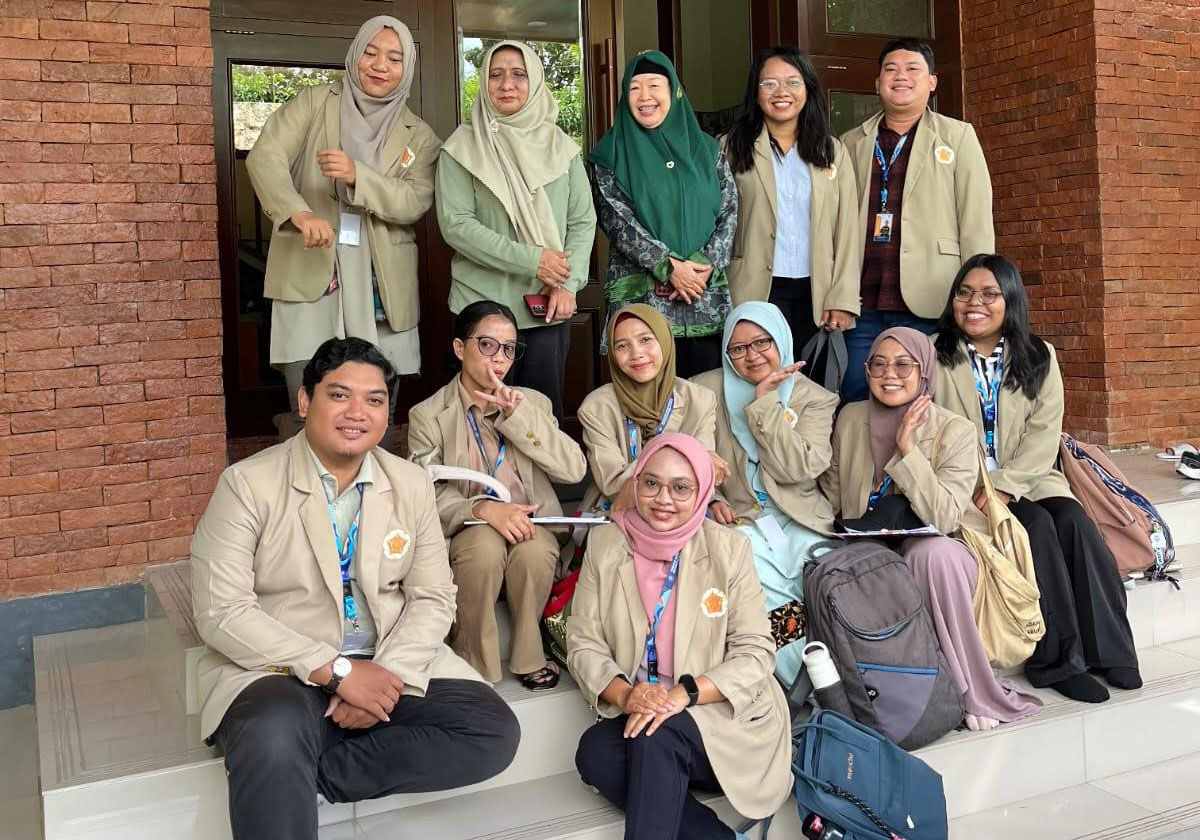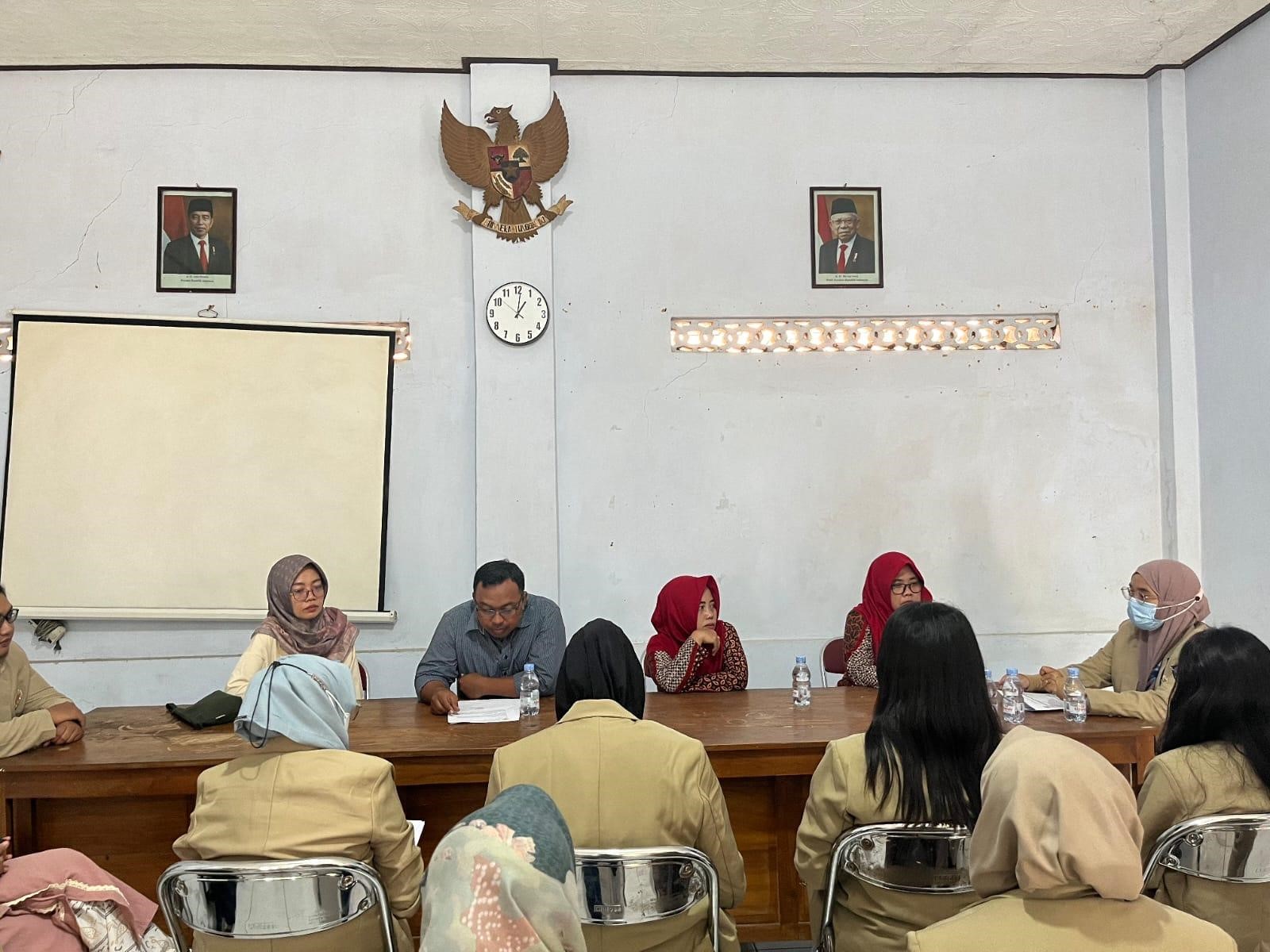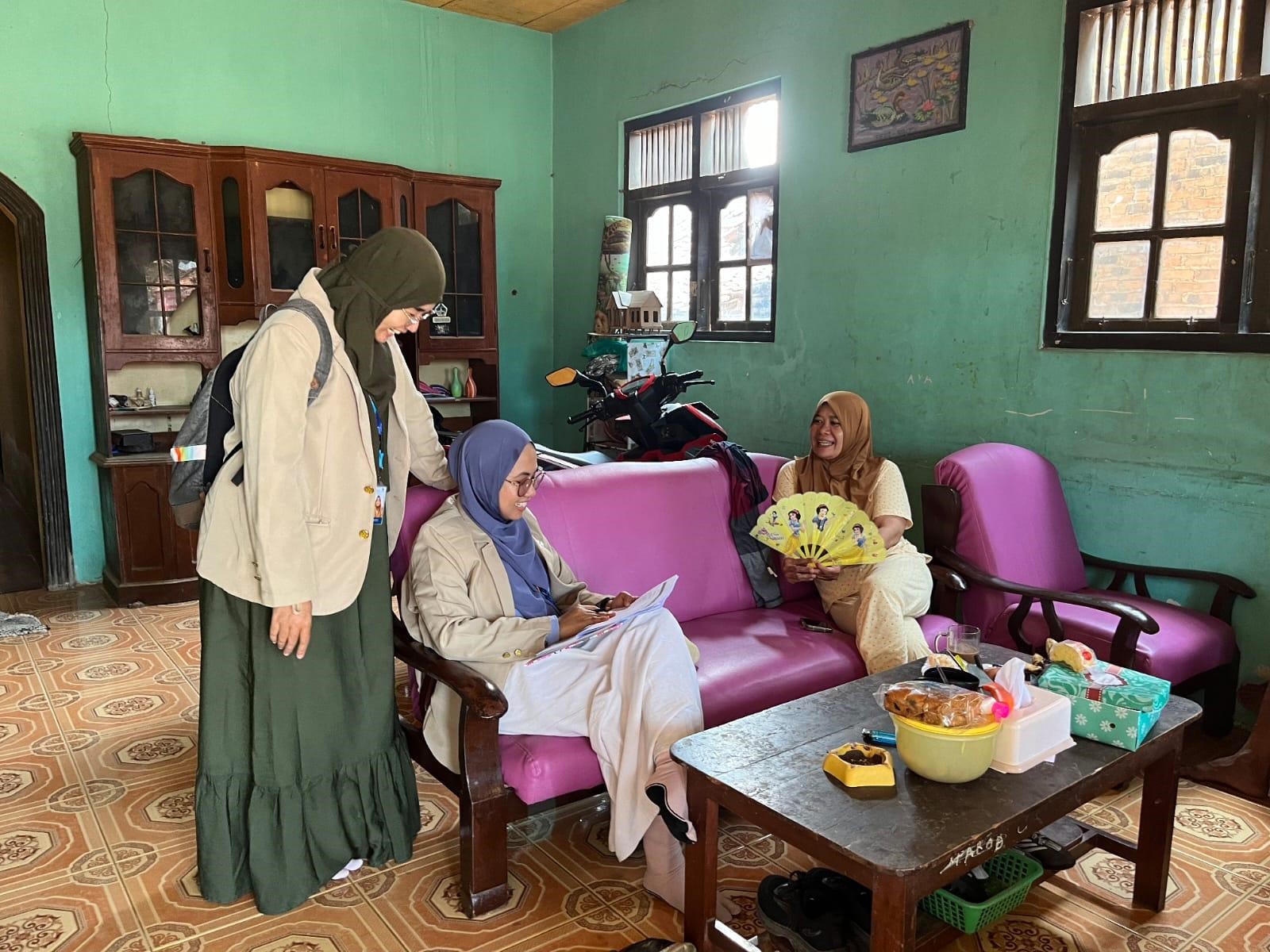
Population Master Program at the Gadjah Mada University Postgraduate School (SPs UGM) carries out Field Work Lectures (KKL) as an embodiment of the university’s tridharma, namely Community Service (PkM). This activity was carried out from 28th September to 4th October 2024 in Kedawung Village, Pejagoan District, Kebumen Regency, Central Java Province.
This program was held for students of the Population Master Program at the Postgraduate School, involving 12 students and three field supervisors, namely Prof. Dr. Sri Rum Giyarsih, S.Si., M.Sc., Dr. Sri Rahayu Budiani, S.Si., M.Sc., and Dr. Djaka Marwasta, S.Sc., M.Sc.
“This KKL aims to explore various socio-economic aspects of local communities, in line with the Sustainable Development Goals (SDGs) related to economic resources, education and global partnerships. “The output of this KKL activity is in the form of KKL reports, IPR, and articles that will be published in reputable national and international journals,” said Prof. Sri Rum is the coordinator in implementing this KKL activity.
This KKL program focuses on six key themes, namely (1) the influence of socio-demography on unemployment in the workforce, (2) the influence of socio-demography on underemployment, (3) the socio-economic characteristics of workers in the informal sector, (4) the influence socio-economic characteristics with work safety insurance, (5) the influence of social and demographic characteristics on women’s working status, and (6) the influence of socio-demographics on population health.
This initiative is very important for understanding the socio-economic dynamics in Kebumen, an area that faces various challenges in economic development and productivity. Direct interaction with local communities provides a way for students to collect direct data that will contribute to their academic research and the broader discourse on sustainable development in Indonesia.
Collaboration between universities and local communities shows the importance of civil society partnerships in achieving the SDGs. This form of collaboration between the two parties can utilize economic resources and knowledge to encourage sustainability education, especially in developing areas such as Kebumen.
The MPA in Kedawung Village is a model for integrating education, research and community involvement. This highlights the importance of global partnerships and civil society collaboration in achieving the SDGs which aim to promote a more sustainable and just future.
Author: Siti Muyasaroh



